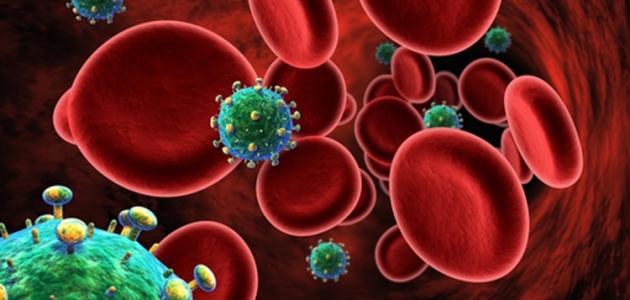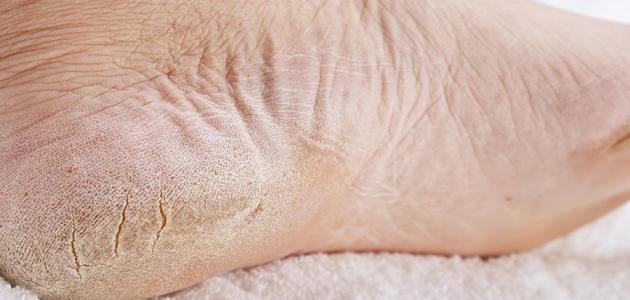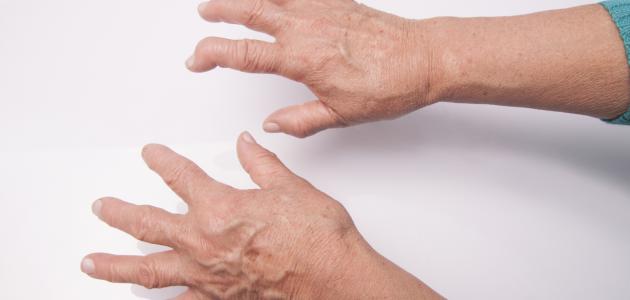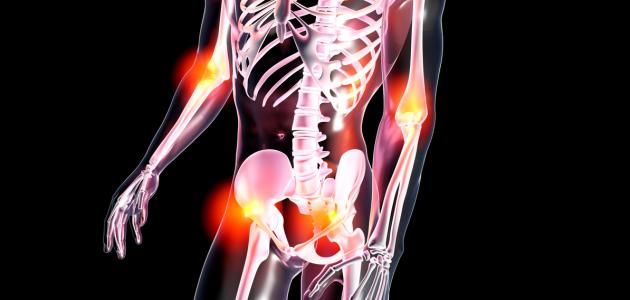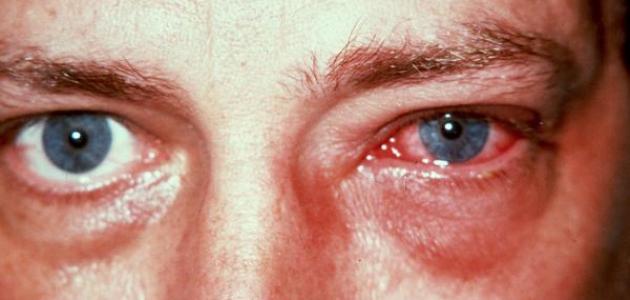Contents
Nausea
Nausea is defined as a stomach disorder represented by the patient's feeling an urgent need to vomit, and it is a symptom not associated with a specific disease in particular. It may accompany many different diseases; Such as infection; Such as gastroentiritis or influenza, and nausea may be a symptom of migraineMigraine, inner ear disease, food poisoning, emotional stress, motion sickness, heart attack, pancreatitis, intestinal obstruction, or meningitis Meningitis and others, and it is worth noting that nausea is also a side effect resulting from the use of some medications, as well as a common symptom in the early stages of pregnancy. In many parts of the body, and in the context of talking about nausea, it is indicated that it is often accompanied by the occurrence of vomiting, and it may be accompanied by other symptoms that depend on the cause of the nausea. These symptoms include diarrhea, constipation, bloating, heartburn, or loss of appetite. [1] A research study published in 2002 by the department showsPsychiatry at Haukeland University Hospital states that the incidence of nausea as a symptom is about 12%. [2]
Treating nausea with lifestyle changes
Nausea does not require treatment in most cases, but treatments may help relieve sometimes, and in this regard we offer a number of tips that can be followed to reduce nausea, [3] including the following: [4] [5]
- Relaxation, as hyperactivity and not getting enough rest may make nausea worse.
- Maintaining body moisture, by taking small sips of cold, carbonated, or acidic drinks; Such as lemon juice with water, or ginger drink or mint tea, and you can also use moisturizing solutions taken by mouth to prevent dehydration. Such as Pedialyte solution.
- Eat light foods on the stomach, and it is recommended to eat foods that are easy to digest. Such as toasted bread and biscuits, and then gradually switching to breakfast cereals, rice, fruits, and salty or foods rich in protein or carbohydrates . Experts advise to avoid eating fatty or spicy foods until six hours have passed since the last time the person was vomited.
- Avoid strong odors and other triggers that can trigger nausea and vomiting. Such as perfumes, smoke, crowded places, humid environments, food scents, flashes of light, and driving.
- Not drinking large amounts of fluids with meals.
- Eat slowly, and in small quantities over the number of more meals, in addition to avoiding lying down immediately after eating.
- Distracting the focus from nausea by undertaking certain activities; Like listening to music or watching a movie.
- Avoid wearing clothes that are tight around the stomach or waist.
- Avoid pulling on the abdomen or bending forward, as this may occur as a result of practicing some activities or going through certain positions during daily life, but this may result in an increase in pressure on the stomach and thus increase the severity of the symptoms of nausea. [6]
- Going out to breathe fresh air to reduce the feeling of nausea. Deep breathing is also recommended. Research has shown that deep breathing at a slow and steady pace contributes to relieving nausea, and those with nausea can participate in meditation sessions that help them focus on controlling their breathing. [6]
- Eating certain foods; Vinsah pregnant women suffering from morning sickness eating biscuits crispy morning before getting out of bed. [7]
Drug treatment for nausea
The treatment of nausea in general depends on the main cause of it, and in most cases this condition resolves on its own, especially after vomiting. Controlling nausea includes giving the sufferer large quantities of fluids, but severe cases may require drug treatments, [8] and we mention medicines Available over-the-counter for nausea relief include: [3]
- Medicines that line the inner wall of the stomach and neutralize its acids. Such as antacids; Whether liquid or chewable, Bismuth subsalicylate, solutions of glucose , or fructose or phosphoric acid , and solutions of glucose , or fructose or phosphoric acid .
- Medicines that are believed to block brain receptors that stimulate vomiting during movement, and are therefore used to treat or prevent motion sickness , including dimenhydrinate or meclizine hydrochloride.
The doctor may prescribe certain types of drugs that will relieve nausea if it continues, but most of them may cause sleepiness as one of the most prominent side effects, and it is important for the doctor to evaluate the condition of the pregnant woman or the future of pregnancy before using any of the drugs to treat nausea, even those that do not warrant Prescription to be dispensed. [3]
Prevention of vomiting when feeling sick
The vomiting associated with nausea can be avoided by drinking small amounts of sugar-sweetened fluids because they calm the stomach. Such as soft drinks and fruit juices, with the exception of citrus juices, as they increase the acidity of the stomach, and it is recommended to relax either in a sitting or lying position supported by a backrest. Because movement may cause the symptoms of nausea to worsen, and therefore the patient may vomit, but in children’s cases, controlling fever and a persistent cough helps reduce the possibility of vomitingThe nausea caused by motion sickness in the car can be avoided by having the child sit facing the windshield. Watching from the side windows during a fast car movement increases nausea worse, and it is also advised to reduce the number of snacks for the child and not to serve him with soft drinks, and not to allow him to play and eat together at the same time while encouraging him to take a break while they eat snacks. [9]
References
- ↑ “Symptoms and Signs: Nausea” , www.emedicinehealth.com , Retrieved Mar.18.2020. Edited.
- ↑ "The prevalence of nausea in the community: psychological, social and somatic factors" , www.ncbi.nlm.nih.gov , Retrieved Mar.18.2020. Edited.
- ^ A b t "Nausea" , Www.drugs.com , Retrieved Mar.18.2020. Edited.
- ↑ "Nausea and vomiting" , www.mayoclinic.org , Retrieved Mar.18.2020. Edited.
- ↑ "Feeling sick (nausea)" , www.nhs.uk , Retrieved Mar.18.2020. Edited.
- ^ A b "What are the best ways to get rid of nausea?" , www.medicalnewstoday.com , Retrieved Mar 19.2020. Edited.
- ↑ "Nausea and Vomiting" , medlineplus.gov , Retrieved Mar 19.2020. Edited.
- ↑ "What is Nausea?" , www.everydayhealth.com , Retrieved Mar 19.2020. Edited.
- ↑ "Nausea & Vomiting: Care and Treatment" , my.clevelandclinic.org , Retrieved Mar.19.2020. Edited.

